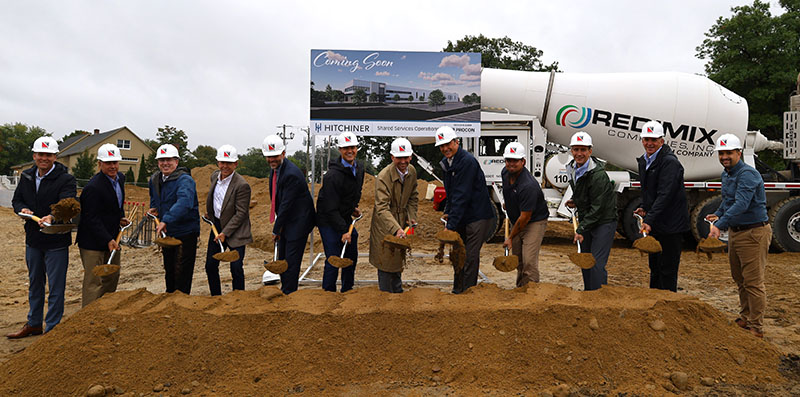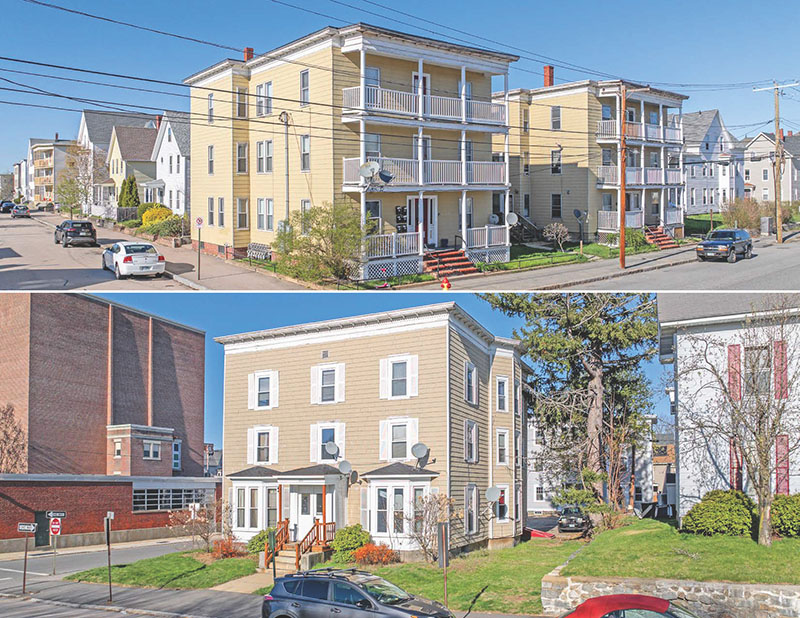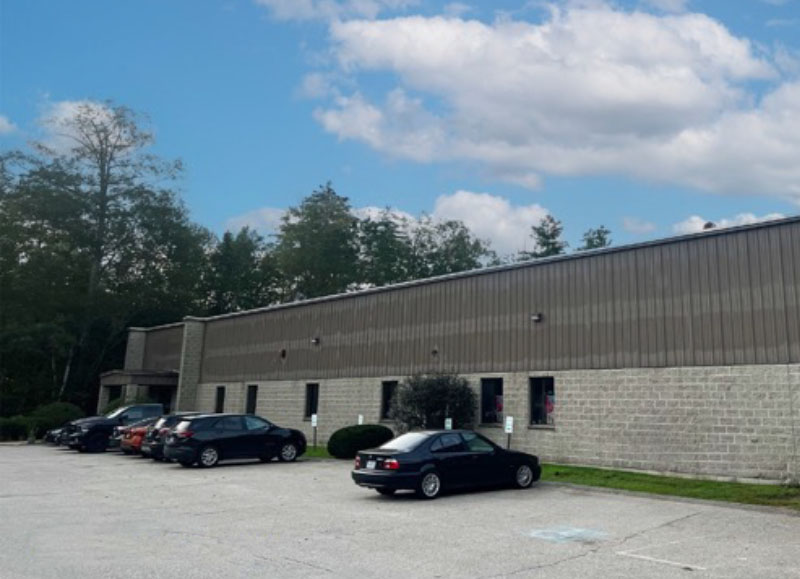News: Northern New England
Posted: December 31, 2014
As 2014 comes to a close, a quick look back yields no surprises
As 2014 comes to a close, a quick look back yields no surprises. For commercial real estate, 2014 was very similar to 2013 and the latter half of 2012. Lo and behold, 2015 will most likely be more of the same! The Great Recession now officially started in Q-4-2007 and several leading pundits feel we are about halfway out of it, hence we may have another 5 - 6 years before the U.S. economy has fully recovered.
Dennis Delay of the New Hampshire Center For Public Policy Studies spoke at the Greater Concord, N.H. Chamber the other morning. He said we have recovered the number of jobs lost in 2008/2009 but the quality (and hence pay level) is less. If I understood him correctly, about 60% of the replacement jobs are of a lower caliber and pay while 40% are more in line with the jobs lost. This anecdotally tracks with our observations.
One of our listings is a former NYNEX/Verizon/Fairpoint fleet and operations center in Merrimack. When NYNEX moved into it in the early 90s, there were more than 200 people working out of the facility. When Fairpoint chose not to extend the lease last year, there were about 60 people working from there. Today, Alta Communications, the contract vendor hired by Fairpoint to do the field service work during the current strike, has about 300 people staging from Merrimack to cover all of New Hampshire, Vermont and Maine. The union members are fighting (via a strike) Fairpoint's insistence that they agree to more non-union workers, lower pay scales, fewer benefits and an increasing participation in the cost of health insurance. Like so many labor issues, there is no black and white but many shades of gray. Fairpoint, a $500± million company, came in and bought Verizon's land line business in New Hampshire, Vermont and Maine, a $2± billion business and Verizon was glad to be out of the business. Not too long later, when Fairpoint filed bankruptcy, Verizon walked away from $100 million of debt owed to them, rather than come back in to run the company. They did not do that lightly. They saw a declining business in a tough geography, with aging infrastructures, graying demographics and fierce competition from wireless providers. Articles and reports state that Fairpoint lost $30 - $40 million last year, so there has to be a limit on what they can pay. Finding a middle ground is no easy task. Welcome to 2015 in a global economy.
One would have to assume that Fairpoint regrets this acquisition, that they would love to sell and get out, but who would buy it? Is there any hope of completing a turnaround and making a competitive, sustainable business? I ask myself why do I have a land line? The other night I came home and saw the message light blinking (it had been at least 10 to 12 days since I had listened to the messages). I had 21 voice messages - only one was not a political call, ad, survey, etc. and that was a reminder by the Red Cross of my scheduled appointment to donate blood - but they had already texted and e-mailed me!
I hardly watch television, so why do I have the Comcast bundle? Effectively, not using my land line and not watching TV, I am paying well over $100/month for "high-speed" Internet! It is at the top of my post-holiday list to do something about it. I am not the only one... The world is changing. High pricing and mediocre service will force even a dinosaur like me to move to cheaper technologies. But my 90-year-old neighbors are not so flexible. They don't do e-mail and struggle with tiny cell phones with microscopic buttons... But building a business on those over 70 is a tough business model, even here in aging Northern New England. It will be interesting to see how this plays out.
Best wishes to you and yours for a Happy New Year, take time for a respite and chance to recharge your batteries before you get back to the grindstone for 2015.
Bill Norton, CRE, is president of Norton Asset Management, Inc., Manchester, N.H.
Tags:
Northern New England
MORE FROM Northern New England
Northern New England
PROCON and Hitchiner break ground on 57,000 s/f shared services operations facility
Milford, NH Hitchiner, in partnership with PROCON’s integrated design and construction team, has officially broken ground on a new 57,000 s/f shared services operations facility at its Elm St. campus. This building will house value-added services used across Hitchiner’s various business units,









.png)